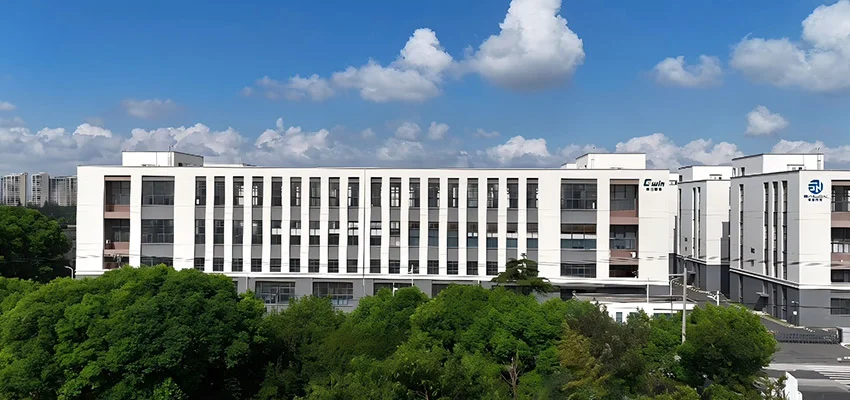Waterproofing is an essential aspect of construction and maintenance, ensuring that structures remain safe and durable against water intrusion. With various methods available, the cost of waterproofing can vary significantly based on the materials used, the complexity of the application, and the specific needs of the project. In this article, we will explore the different types of waterproofing, focusing on which type is the most expensive and why it commands such a premium price.
Understanding Waterproofing Types
Before delving into the costs, it’s crucial to understand the primary types of waterproofing methods available:
- Liquid Membrane Waterproofing: This method involves applying a liquid coating that cures to form a seamless, waterproof membrane. It is versatile and can be used on various surfaces, including roofs, decks, and foundations.
- Sheet Membrane Waterproofing: This involves the installation of pre-manufactured sheets that are adhered to surfaces. It is commonly used in below-grade applications and is known for its durability.
- Cementitious Waterproofing: Often used in basements and water tanks, this method uses a cement-based mixture that is applied to surfaces. It is easy to apply but may not be as flexible as other methods.
- Bentonite Waterproofing: This method utilizes bentonite clay, which expands when wet, creating a barrier against water. It is often used in foundation walls and is known for its natural properties.
- Polyurethane Waterproofing: A high-performance option, polyurethane waterproofing involves applying a liquid that cures into a flexible, durable membrane. It is particularly effective for areas subject to movement or cracking.
The Cost Factors in Waterproofing
The cost of waterproofing can be influenced by several factors, including:
- Material Quality: Higher-quality materials typically offer better performance and longevity, but they also come at a higher price point.
- Labor Costs: The complexity of the installation process can significantly affect labor costs. Specialized techniques may require skilled labor, increasing overall expenses.
- Surface Preparation: Proper surface preparation is crucial for effective waterproofing. If extensive preparation is needed, this can add to the overall cost.
- Project Size: Larger projects may benefit from economies of scale, but they can also incur higher costs due to the volume of materials required.
The Most Expensive Waterproofing Solutions
Among the various waterproofing methods, polyurethane waterproofing stands out as one of the most expensive options available. Here’s why:
- Material Cost: Polyurethane materials are typically more expensive than other waterproofing options due to their superior performance characteristics. They offer excellent adhesion, flexibility, and resistance to UV rays and chemicals, making them ideal for challenging environments.
- Application Complexity: The application of polyurethane waterproofing requires skilled labor and precise techniques to ensure a seamless finish. This complexity can lead to higher labor costs.
- Longevity and Warranty: While the initial investment is high, polyurethane waterproofing often comes with extended warranties, reflecting its durability and effectiveness. This long-term value can justify the upfront costs for many property owners.
- Versatility: Polyurethane can be applied in various conditions and on different surfaces, including concrete, metal, and wood. Its adaptability makes it a preferred choice for many commercial and industrial applications, further driving demand and costs.
Conclusion
When considering waterproofing options, it’s essential to weigh the initial costs against the long-term benefits. While polyurethane waterproofing may be the most expensive option, its durability, flexibility, and effectiveness can provide significant value over time. Property owners should carefully assess their specific needs, project requirements, and budget constraints before making a decision.

